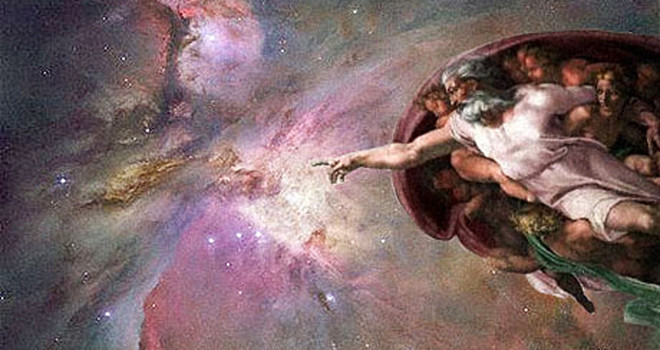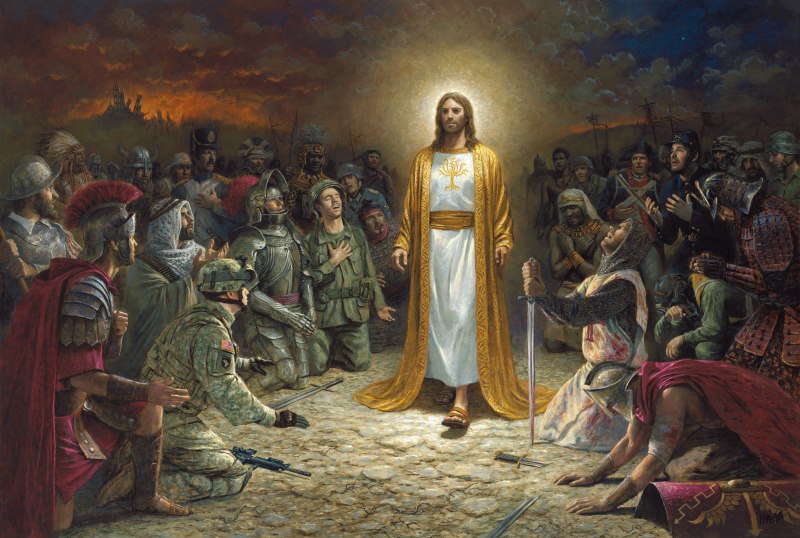 by Joe Bissonnette –
by Joe Bissonnette –
In the deeper rumblings of their very selves, where nature speaks through instinct and God speaks through conscience, there are eternal truths that can be avoided for a time but not ultimately denied. The truth is that there are no such things as atheists.
Confirmation bias is the tendency to ascribe greater significance to information that supports our pre-existing theories and lesser significance to information that contradicts those theories. We often do this subconsciously.
For example you get a new car, and now you notice that same type of car on the road with a much greater frequency than you had noticed before. But though confirmation bias generally refers to the inclusion or exclusion of data, there are other ways we can shoehorn the obvious to make it fit within our world view. [Read more…]

 by David Mathis –
by David Mathis – by Garet Pahl –
by Garet Pahl – by Carol Apple –
by Carol Apple – by John G. West –
by John G. West –
